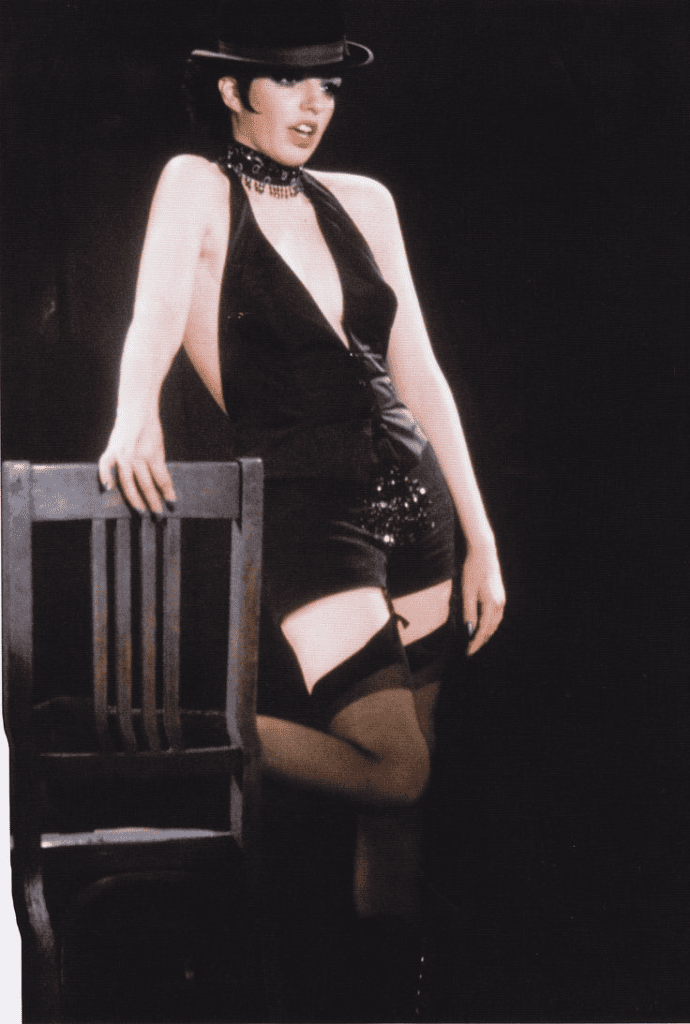
Liza Minnelli stands as one of the most influential and iconic figures in the entertainment industry. With a legacy spanning over six decades, she has captivated audiences with her unforgettable performances on stage, screen, and in music. As the daughter of Judy Garland and Vincente Minnelli, Liza inherited a remarkable pedigree, but her success is entirely her own. This article delves deep into the life, career, and impact of Liza Minnelli, highlighting her extraordinary achievements and the challenges she has overcome to remain an enduring icon.
Liza May Minnelli was born on March 12, 1946, in Los Angeles, California, into Hollywood royalty. Her mother, Judy Garland, was already a global sensation, while her father, Vincente Minnelli, was a celebrated film director. Growing up in the spotlight, Liza was surrounded by legendary figures of the entertainment world, which gave her an early appreciation for performance and creativity.
Despite the privileges of her upbringing, Liza faced challenges early on. Her parents divorced when she was just five years old, leading her to split her childhood between Los Angeles and New York. These formative years shaped her passion for theater and performance, as she spent much of her time immersed in the arts.
Liza’s first major break came at just 17 years old in the off-Broadway production of Best Foot Forward in 1963. Her performance received rave reviews, earning her a Theater World Award. But it was her role in the 1965 Broadway production Flora the Red Menace that catapulted her into the limelight. At the age of 19, Liza became the youngest recipient of the Tony Award for Best Actress in a Musical, a testament to her immense talent and star power.
This early success marked the beginning of her long-standing collaboration with John Kander and Fred Ebb, the legendary duo behind many of her future hits. Their partnership would prove to be one of the most fruitful in Broadway history.
In 1972, Liza Minnelli delivered the performance of a lifetime as Sally Bowles in the film adaptation of Cabaret. Directed by Bob Fosse, the film was set in pre-World War II Berlin and followed the life of a carefree nightclub singer. Liza’s portrayal was nothing short of transformative, earning her an Academy Award for Best Actress, along with Golden Globe and BAFTA nominations.

The character of Sally Bowles became synonymous with Liza herself. With her signature bob hairstyle, bold eyeliner, and magnetic stage presence, she defined an era of Hollywood glamour. The film also showcased her impeccable singing talent, with unforgettable numbers like “Mein Herr” and “Maybe This Time.”
Beyond the accolades, Cabaret solidified Liza as a cultural icon. The movie resonated deeply with audiences worldwide and earned her a dedicated following, particularly within the LGBTQ+ community, who connected with her themes of individuality and resilience.
While Liza’s acting career soared, her music career was equally illustrious. Her debut studio album, Liza! Liza! (1964), showcased her exceptional vocal range and emotional expression. Over the years, she continued to release albums that blended Broadway standards with pop and jazz influences.

One of her most notable music ventures was the 1989 album Results, produced by the Pet Shop Boys. The album’s hit single “Losing My Mind” became a dance sensation, introducing Liza to a new generation of fans. Her ability to evolve with the times, while staying true to her roots, made her a lasting presence in the music industry.
Liza Minnelli’s live performances are legendary. She graced some of the world’s most prestigious stages, including Carnegie Hall and the London Palladium, leaving audiences mesmerized by her energy and emotional depth. Songs like “New York, New York” and “Cabaret” became her anthems, embodying the glamour and grit of her career.
Her ability to connect with audiences, whether through heartfelt ballads or high-energy showstoppers, set her apart as a true entertainer. Even after facing health challenges, she made triumphant returns to the stage, proving her resilience time and time again.

Behind the glittering spotlight, Liza faced significant personal challenges. Much like her mother, she struggled with substance abuse, openly addressing her journey through addiction and recovery. Her honesty and determination to overcome these struggles earned her widespread admiration, making her a symbol of resilience.
In 2000, Liza was diagnosed with viral encephalitis, a life-threatening condition that left her temporarily unable to walk or talk. Doctors doubted she would ever perform again, but Liza defied the odds with a remarkable recovery. Her return to the stage was a testament to her indomitable spirit and unwavering love for performing.
In addition to her success on stage and in music, Liza Minnelli made a lasting impact on film and television. She starred alongside Dudley Moore in the hit comedy Arthur (1981) and appeared in Martin Scorsese’s New York, New York (1977).
Liza also made memorable appearances on television, including her role as the eccentric Lucille Austero on Arrested Development. Her comedic timing and larger-than-life personality made her a fan favorite, introducing her to a new generation of viewers.

Beyond her artistic achievements, Liza has been a dedicated advocate for social causes. She has been a staunch supporter of the LGBTQ+ community and an active participant in fundraising efforts for AIDS awareness. Her work in these areas has cemented her legacy not only as an entertainer but also as a compassionate and influential figure in philanthropy.
Liza Minnelli’s life and career are a testament to talent, resilience, and the transformative power of art. From her groundbreaking role in Cabaret to her celebrated music and stage performances, she has left an indelible mark on the entertainment industry.
Her journey, marked by triumphs and challenges, serves as an inspiration to generations of artists and fans alike. Liza’s legacy continues to shine brightly, a reminder of what it means to be an enduring icon of glamour, talent, and perseverance.


